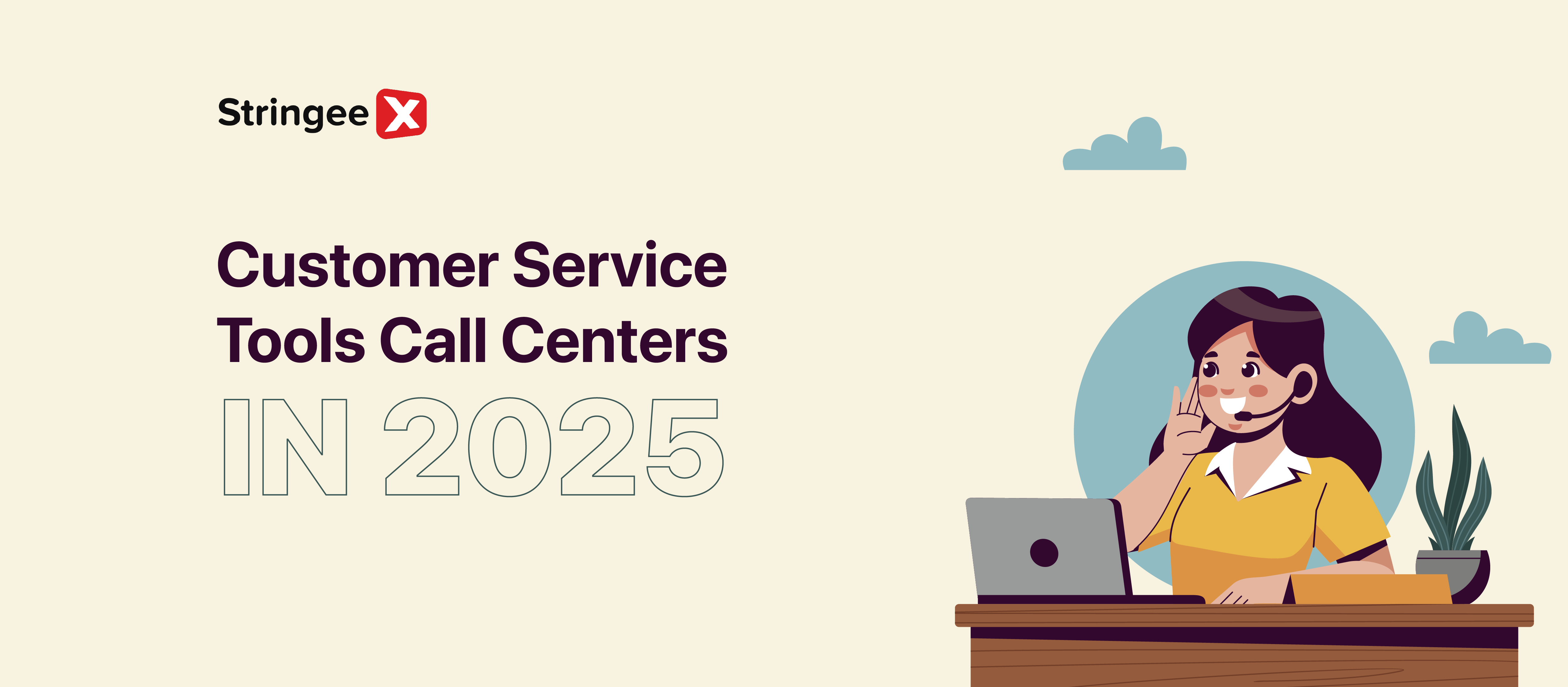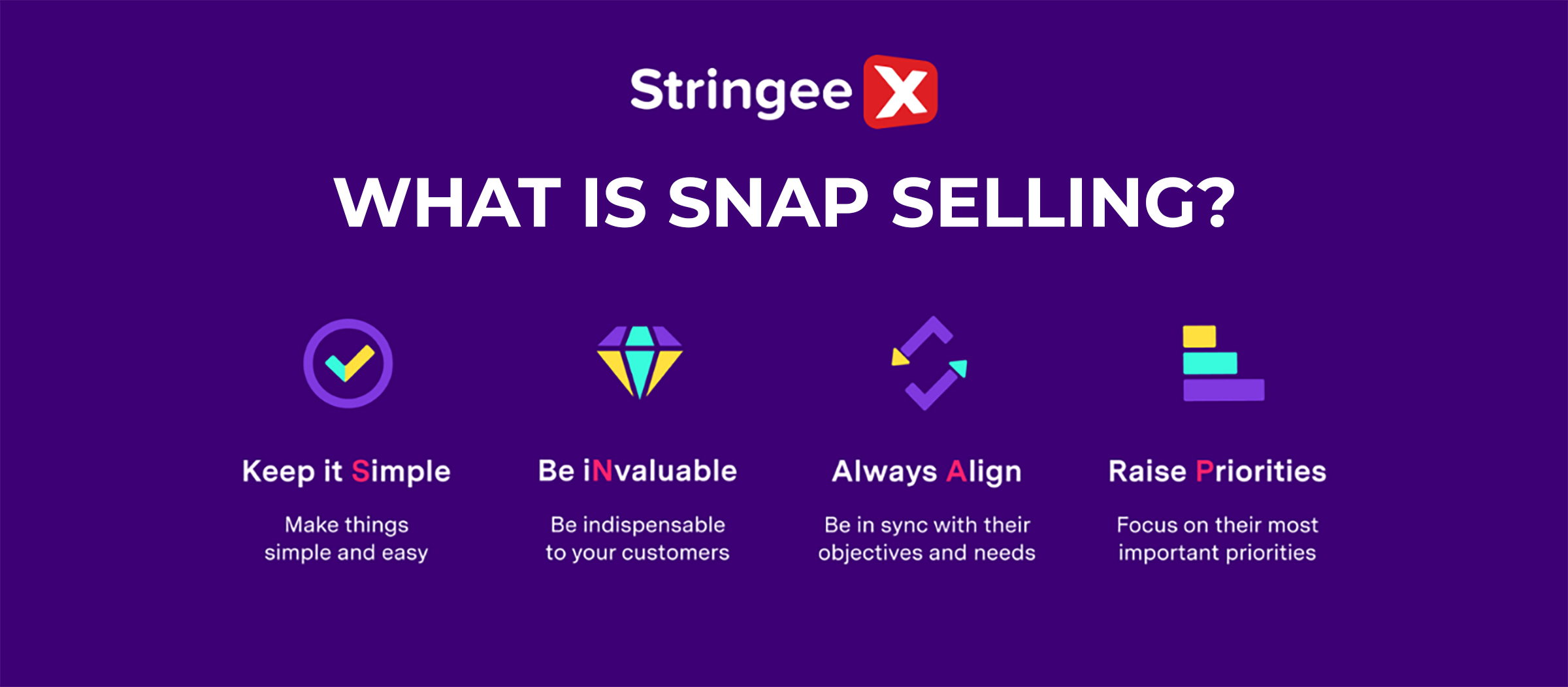Introduction
Customer service tools call centers in 2025 are key to better operational efficiency. These tools help businesses provide faster, better support across multiple channels. With features like AI, cloud solutions, and CRM integration, call centers can meet customer demands while improving agent productivity and reducing costs. Let’s check the top 10 tools with us!
Why Use Customer Service Tools In Call Centers?
Customer service tools are vital for call centers. They help teams handle inquiries efficiently and provide quick solutions. These tools improve communication between agents and customers, leading to higher satisfaction.
Features like ticket management and automation save time and reduce errors. Agents can focus on complex customer issues, while automated systems handle repetitive and routine tasks. Customer data is stored and accessible, making issue resolution faster.
Tools like live chat, knowledge bases, and analytics enhance service quality. They allow call centers to track performance and improve strategies. Self-service options reduce workload and empower customers to solve problems independently.
Using these tools lowers costs, boosts efficiency, and creates a better experience for both agents and customers.
Top 10 Customer Service Tools Call Centers In 2025
StringeeX
StringeeX offers an omnichannel contact center. Source: YouTube
StringeeX is a cutting-edge omnichannel contact center platform that optimizes customer service through seamless integration with CRM, ERP, and mobile apps. It offers AI-powered tools like Callbots and Chatbots for process automation, enhancing agent productivity and customer satisfaction.
Its real-time management features provide detailed insights into agent KPIs and contact center performance, ensuring operational efficiency. With 99.9% operational stability, StringeeX supports over 800 clients and 40 million end-users worldwide.
Pros:
- Zero investment in infrastructure
- High operational stability (99.9%)
- Advanced AI tools for automation
- Cost-saving with a 50% decrease in phone description costs
- Real-time management tools
- Seamless integration with CRM, ERP, and mobile apps
Con:
- Limited offline capabilities

Zendesk
Zendesk stands out for its comprehensive omnichannel platform, seamlessly integrating voice, email, and chat for an unparalleled customer experience. Its AI-powered features, such as intelligent call routing, post-call summaries, and automated quality assurance, enable human agents to handle high call volumes efficiently. Zendesk also offers robust analytics, providing managers with actionable insights to optimize workflows and performance.
Pros:
- Omnichannel integration for seamless communication
- AI tools for routing, summaries, and analytics
- Advanced reporting for performance tracking
Cons:
- High cost for advanced features
- Requires training for setup and effective use
HubSpot
HubSpot is a dynamic blend of CRM and customer service tools designed to unify customer data and streamline interactions. Its automation features, including ticket routing, workflow triggers, and reminders for renewals, improve efficiency and customer retention. The integrated live chat and email tools enhance real-time communication, while its CRM offers detailed customer histories for personalized support.
Pros:
- Integrated CRM for a unified view of customer data
- Automation simplifies ticket management
- Easy integration with marketing and sales tools
Cons:
- Limited features in the free plan
- Advanced automation requires higher-tier plans
Talkdesk
Talkdesk delivers an AI-driven platform for modern call centers, emphasizing efficiency and flexibility. Its features include omnichannel support for voice, chat, and email, real-time analytics, and advanced call routing. The mobile app ensures agents can work effectively from anywhere, making it a popular choice for remote teams. Its integration capabilities with CRMs allow for exceptional customer service.
Pros:
- AI-driven tools for personalized experiences
- Mobile app for remote operations
- Real-time insights for managers
Cons:
- High cost for small teams
- Fewer pre-built integrations than competitors
LiveAgent
LiveAgent offers a cost-effective solution for call centers, excelling in omnichannel communication. It features a robust IVR system, unlimited call recordings, and efficient ticketing.
The platform supports live chat, email, and calls in one interface, allowing agents to provide faster resolutions. Collaboration tools like internal calling and agent notes further enhance productivity.
Pros:
- Affordable with strong core features
- Unlimited call recording and storage
- Comprehensive omnichannel support
Cons:
- Advanced features available only in higher-tier plans
- Outdated user interface
LiveAgent is a cost-effective solution. Source: Flickr
Olark
Olark focuses on live chat support, which is ideal for teams prioritizing quick, real-time customer interactions. Its customizable chat widget allows branding adjustments, while AI chatbots handle routine inquiries, freeing agents for complex tasks. Unique features like co-browsing enable agents to see customer screens and provide tailored solutions.
Pros:
- Easy-to-implement live chat with branding options
- AI chatbots trained for specific use cases
- Co-browsing for enhanced support
Cons:
- Limited scalability for large teams
- Additional features require paid add-ons
ChatBot
ChatBot specializes in AI-driven automation, providing a virtual assistant to handle common customer inquiries and direct callers to the right resources. It integrates with multiple platforms, including Facebook Messenger and Slack, ensuring consistent support across communication channels. Its user-friendly interface makes creating and managing chatbots simple, even for non-technical teams.
Pros:
- Powerful AI for automated customer support
- Multi-platform integration for seamless experiences
- User-friendly setup and customization
Cons:
- Advanced features require premium plans
- Limited functionality in the free version
MailChimp
MailChimp combines customer support tools with its marketing automation platform, ideal for small and medium-sized businesses.
Its email campaigns and marketing tools integrate seamlessly with customer support features, enabling businesses to nurture leads and maintain communication efficiently. Its reporting capabilities provide insights into customer interactions and campaign performance.
Pros:
- Marketing and customer support in one platform
- Intuitive tools for small businesses
- Effective reporting and analytics
Cons:
- Limited advanced support features
- Automation options may feel basic for larger teams
Aircall
Aircall provides a modern, cloud-based phone system tailored for call centers. It features advanced call routing, scheduling, and warm transfers, enhancing team collaboration and customer satisfaction. With seamless integration into CRM and helpdesk tools, Aircall ensures all communication is tracked and accessible in one place.
Pros:
- Quick deployment with no hardware requirements
- Excellent integrations with CRMs and helpdesks
- Advanced features for call management
Cons:
- Higher costs for advanced plans
- Dependence on stable Internet connections
Nextiva
Aircall provides a modern, cloud-based phone system tailored for call centers. It features advanced call routing, scheduling, and warm transfers, enhancing team collaboration and customer satisfaction. With seamless integration into CRM and helpdesk tools, Aircall ensures all communication is tracked and accessible in one place.
Pros:
- Quick deployment with no hardware requirements
- Excellent integrations with CRMs and helpdesks
- Advanced features for call management
Con:
- Higher fees for advanced packages
How To Choose Customer Service Software For Call Center
Employ AI tools for your contact center. Source: Pexels
Omnichannel Communication
Choose software that supports communication across channels like phone, email, chat, and social media. This ensures customers get consistent service no matter how they reach out. Omnichannel tools make it easier for agents to manage interactions in one place, improving customer satisfaction and reducing response times.
Cloud-Based Solutions
Cloud-based software is flexible and cost-effective. It eliminates the need for expensive hardware and allows agents to work from anywhere. This is ideal for businesses with remote teams or limited budgets. Scalability ensures your software grows with your business needs.
AI-Powered Capabilities
AI tools like chatbots and sentiment analysis improve efficiency and service quality. Chatbots handle common customer queries, freeing agents for complex customer issues. AI-driven analytics help managers track performance and identify trends, ensuring better decision-making and customer experiences.
CRM Integration
Integration with CRM systems provides agents with real-time customer information. Access to data like purchase history and preferences allows agents to offer personalized support. This improves customer loyalty and helps build long-term relationships.
Self-Service Options
Interactive Voice Response (IVR) systems and knowledge bases let customers resolve issues on their own. These tools reduce call volumes and help agents focus on more complex tasks. Self-service options are convenient for customers and cost-effective for businesses.
Agent Performance Management
Performance tools like call monitoring and analytics ensure agents meet service standards. Managers can assess interactions, provide feedback, and offer training. This improves productivity, reduces handling times, and boosts customer satisfaction.
Conclusion
Customer service tools call centers in 2025 make it easier to deliver an exceptional customer experience. By choosing the right software, businesses can stay ahead in a competitive market. These tools boost efficiency, keep customers happy, and help teams work smarter, not harder.
One of the most reliable tools is StringeeX’s omnichannel contact center. Contact us for more details!











